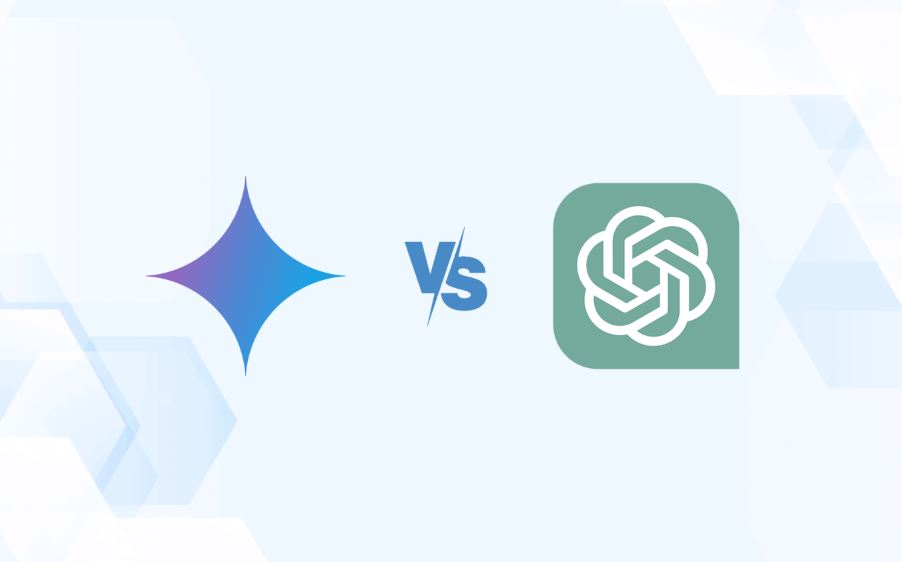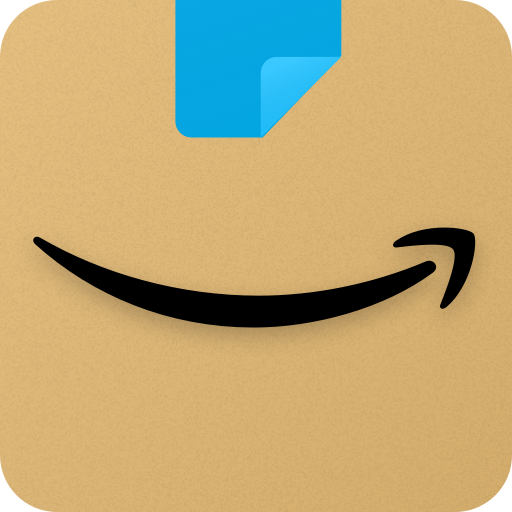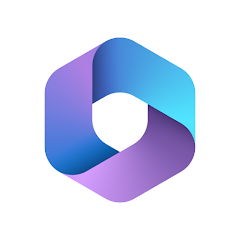Google Gemini vs ChatGPT
16th April 2024
Diane Marley
Google Gemini vs ChatGPT - comparison of AI chatbots
Are you looking to enhance your business with chatbots but unsure whether to choose Google Gemini or ChatGPT?
We will explore the key features and functionalities of both platforms, including their natural language processing capabilities, customization options, integration with various platforms, performance, and accuracy.
By the end of this comparison, you will have a clear understanding of which option might be the best fit for your business based on factors such as your type of business, target audience, budget, and desired features.
Let's dive in!
What is Google Gemini?
Google Gemini is an advanced AI technology developed by Google that serves as a virtual assistant and provides innovative chatbot solutions using AI algorithms and conversational interfaces.
It opens up new possibilities for businesses looking to enhance user interactions by incorporating AI-driven chatbots into their platforms. Through Gemini, companies can streamline customer service, personalize user experiences, and improve overall efficiency. By leveraging the power of AI, Google Gemini enables organizations to create intelligent chatbots that understand natural language and can respond to user queries in real-time. This not only enhances user engagement but also helps businesses in providing quick and accurate solutions to customer inquiries.
How Does Google Gemini Work?
Google Gemini operates by leveraging advanced chatbot development techniques and sophisticated NLP models to facilitate seamless user interactions and personalized conversation design.
By utilizing cutting-edge natural language processing (NLP) algorithms, Google Gemini ensures that chatbots are equipped to understand and respond to user queries in a more human-like manner. The chatbot development process involves creating intricate conversational flows that guide users through interactions while maintaining natural and engaging dialogue. With a focus on conversation design, Google Gemini aims to enhance user experiences by providing relevant information promptly and efficiently. Its integration of NLP models allows for context awareness and sentiment analysis, enabling chatbots to adapt their responses based on the user's tone and needs.
What Are the Features of Google Gemini?
Google Gemini boasts a wide array of features including cutting-edge chatbot design, exceptional voice recognition capabilities, and precise text generation functionalities.
These features make Google Gemini a powerful tool for businesses looking to enhance customer interactions through AI-driven solutions. The chatbot design elements allow for personalized and intuitive conversations, while the voice recognition technology enables seamless communication in natural language. The text generation capabilities provide automated responses that are both accurate and engaging. By incorporating these advanced technologies, Google Gemini revolutionizes how companies can engage with their audience, streamline processes, and drive meaningful interactions.
What is ChatGPT?
ChatGPT is a state-of-the-art conversational AI platform that excels in natural language processing, language generation tasks, and the utilization of advanced AI models for enhanced user interaction.
This platform has made significant strides in simulating human-like interactions through its sophisticated AI algorithms. By leveraging cutting-edge technologies, it has successfully revolutionized the way users engage in conversations. Whether it's generating creative content or providing tailored responses, ChatGPT's focus remains on delivering seamless and personalized experiences. Through constant learning and adaptation, this leading conversational AI platform continues to refine its language generation capabilities, setting new benchmarks in the realm of AI-powered communication.
How Does ChatGPT Work?
ChatGPT functions by undergoing rigorous chatbot training utilizing cutting-edge AI technology to analyze and respond to user queries effectively and intelligently.
The operational methodology of ChatGPT involves a comprehensive approach to training its chatbots, where it continuously learns from vast amounts of data to enhance its conversational abilities. This process includes natural language understanding and generation techniques, allowing ChatGPT to generate contextually relevant responses. Through the integration of AI technology, ChatGPT can decipher complex user queries, handle multi-turn conversations seamlessly, and provide accurate information promptly. By leveraging sophisticated algorithms, the chatbot can adapt to various types of interactions, ensuring a personalized and efficient user experience.
What Are the Features of ChatGPT?
ChatGPT offers remarkable features such as superior chatbot performance, advanced sentiment analysis capabilities, and extensive options for chatbot customization to enhance user experiences.
When it comes to performance metrics, ChatGPT stands out due to its ability to engage users effectively and provide accurate responses in real-time. In terms of sentiment analysis, the platform excels at understanding and classifying the emotions expressed by users, enabling chatbots to respond appropriately. The customization possibilities offered by ChatGPT are extensive, allowing for the seamless integration of personalized responses and tailored interactions based on specific user preferences and conversation contexts.
Comparison of Google Gemini and ChatGPT
When comparing Google Gemini and ChatGPT based on their AI chatbots capabilities and responsiveness, both platforms showcase distinct strengths and functionalities that cater to varying user needs.
- Google Gemini, developed by Google, offers robust integration with Google Ads, enabling seamless optimization of ad campaigns through automated chat responses.
- On the other hand, ChatGPT, powered by OpenAI's GPT-3 technology, excels in providing more personalized and conversational interactions with users.
While Gemini boasts advanced machine learning algorithms for accurate intent recognition, ChatGPT stands out for its natural language processing capabilities, fostering engaging dialogues.
Google Gemini emphasizes data privacy and security, aligning with Google's stringent standards, whereas ChatGPT emphasizes versatility, enabling developers to customize chatbot interactions effortlessly.
Natural Language Processing
In terms of natural language processing, both Google Gemini and ChatGPT leverage advanced NLP models and AI algorithms to enhance the conversational interfaces and optimize user engagement.
- Google Gemini, developed by Google, specializes in providing personalized recommendations and responses through its sophisticated NLP capabilities. It uses advanced algorithms to analyze user queries and deliver relevant information.
- On the other hand, ChatGPT, an AI language model by OpenAI, focuses on generating human-like text responses by understanding context and generating coherent conversations. Both platforms demonstrate the power of NLP in creating seamless interactions between users and AI-driven interfaces, revolutionizing the way we engage with technology.
Customization and Personalization
When it comes to customization and personalization, Google Gemini and ChatGPT offer distinct features in chatbot functionality and extensive options for chatbot customization to tailor user experiences.
- Google Gemini provides a user-friendly interface that allows businesses to design chatbots with specific branding elements, such as logos, colors, and fonts, giving a cohesive look and feel to the conversation.
- On the other hand, ChatGPT excels in its deep learning capabilities, enabling more advanced conversational scripts and responses.
- Users can further enhance the customization by integrating keywords and entities into the chatbot's responses, creating a more tailored interaction for users based on their needs or preferences.
Integration with Platforms
Both Google Gemini and ChatGPT provide seamless integration with various platforms, enabling efficient data processing and streamlined chatbot deployment for enhanced user interactions.
Google Gemini excels in its ability to connect data sources smoothly, allowing for the swift exchange of information across different systems. On the other hand, ChatGPT stands out for its user-friendly interface, making it easy for businesses to deploy sophisticated chatbots quickly.
When combined, these two technologies offer a powerhouse solution for companies looking to optimize their data processes and create engaging conversational experiences for users.
Performance and Accuracy
In terms of performance and accuracy, Google Gemini and ChatGPT excel in leveraging advanced AI technology to ensure high chatbot performance levels and accuracy in user interactions.
Google Gemini's utilization of AI technology allows for seamless integration of relevant keywords and entities, enhancing the chatbot's ability to provide accurate responses tailored to user queries. Similarly, ChatGPT's sophisticated algorithms enable it to parse through vast amounts of data swiftly, pinpointing key information essential for delivering precise and relevant responses. By analyzing user inputs in real-time, both Google Gemini and ChatGPT can dynamically adjust their responses to maintain relevance, ensuring a more natural and engaging chatbot experience for users.
Which One is Better for Your Business?
Determining which platform, Google Gemini or ChatGPT, is better for your business involves analyzing factors such as user experience, chatbot intelligence, business requirements, and desired features to make an informed decision.
When evaluating user experience, businesses need to consider the ease of interaction for customers, the effectiveness of responses provided, and the overall satisfaction levels.
Chatbot intelligence plays a crucial role in ensuring that the chatbot can understand users' queries accurately and respond with relevant information. Aligning platform capabilities with your business objectives is essential to maximize the benefits of the chosen chatbot platform, whether it's Google Gemini or ChatGPT.
By integrating relevant keywords and entities, businesses can enhance the chatbot's performance and optimize customer interactions.
Factors to Consider
When deciding between Google Gemini and ChatGPT, consider crucial factors including budget constraints, chatbot deployment requirements, scalability, and intended user engagement strategies for comprehensive platform selection.
Budget constraints play a significant role in determining which platform aligns best with your financial resources. Google Gemini may require a higher initial investment due to its advanced features, while ChatGPT offers more cost-effective options for businesses with limited budgets.
In terms of chatbot deployment needs, analyze the complexity of your interactions and the level of customization required. For businesses focused on rapid deployment and easy integration, ChatGPT's simplicity could be a suitable choice.
Scalability is another pivotal aspect to evaluate - assess your growth projections and choose a platform that is capable of accommodating your expanding user base and operational demands.
Type of Business
The type of business plays a crucial role in determining whether Google Gemini or ChatGPT aligns better with specific chatbot functionality requirements and business objectives.
- For businesses looking to provide quick and concise responses to customer queries and offer personalized recommendations, Google Gemini might be the ideal choice due to its advanced advertising capabilities and seamless integration with Google Ads.
- On the other hand, for companies focused on fostering natural and engaging conversations with customers through AI-powered interactions, ChatGPT could be more suitable with its robust language model and versatility in generating human-like responses.
Understanding the unique needs of the business and the desired outcomes can help in making an informed decision on the chatbot platform that best serves the specific objectives.
Target Audience
Understanding the target audience is essential to select between Google Gemini and ChatGPT, as it determines the level of user interaction, personalization, and engagement offered by each platform.
By delving deep into the audience's preferences and communication style, businesses can tailor their approach effectively.
Google Gemini, with its focus on personalized ads and targeted marketing, appeals to businesses aiming to reach specific demographics with precision.
On the other hand, ChatGPT thrives in conversational interfaces, enhancing user engagement through natural language processing.
Depending on whether the goal is to drive conversions through targeted ads or create immersive conversational experiences, selecting the right platform can significantly impact the success of marketing campaigns.
Budget
Budget considerations are crucial when deciding between Google Gemini and ChatGPT, as the affordability of chatbot solutions and maintenance costs can significantly impact the overall business expenditure.
It is essential for businesses to carefully evaluate their financial capabilities and future goals when choosing between these two platforms. Google Gemini may have certain upfront costs that need to be weighed against the potential long-term benefits it offers, while ChatGPT could present a more cost-effective solution in terms of initial investment. Maintenance costs over time should also be factored in, as they can vary depending on the complexity of the chatbot and the level of support required. Making a well-informed decision based on sound budget considerations is key to ensuring the financial sustainability and success of the implemented chatbot solution.
Desired Features
Identifying the desired features that align with specific business requirements, such as chatbot intelligence, customization options, and integration capabilities, is vital when choosing between Google Gemini and ChatGPT.
When evaluating potential options like Google Gemini or ChatGPT, businesses need to consider the level of chatbot intelligence required for effective customer interactions. The ability of the chatbot to understand and respond to user queries with accuracy and efficiency can significantly impact user satisfaction and overall performance.
Customization needs play a crucial role in tailoring the chatbot to reflect a brand's unique identity and meet specific goals. Integration functionalities also hold immense importance, as seamless integration with existing systems can streamline processes and enhance overall productivity.















